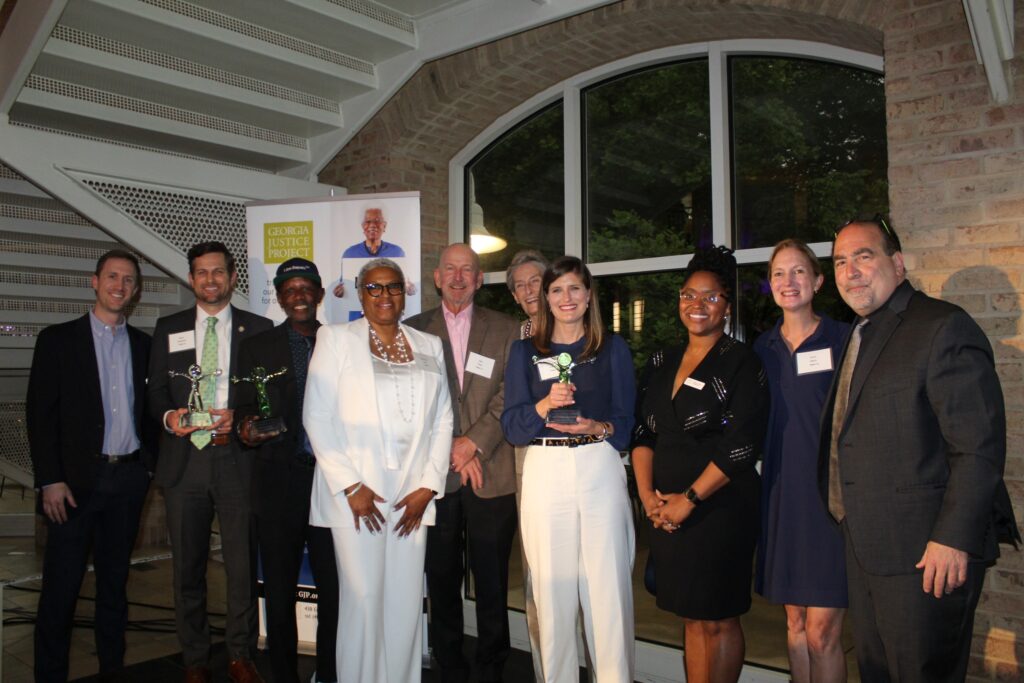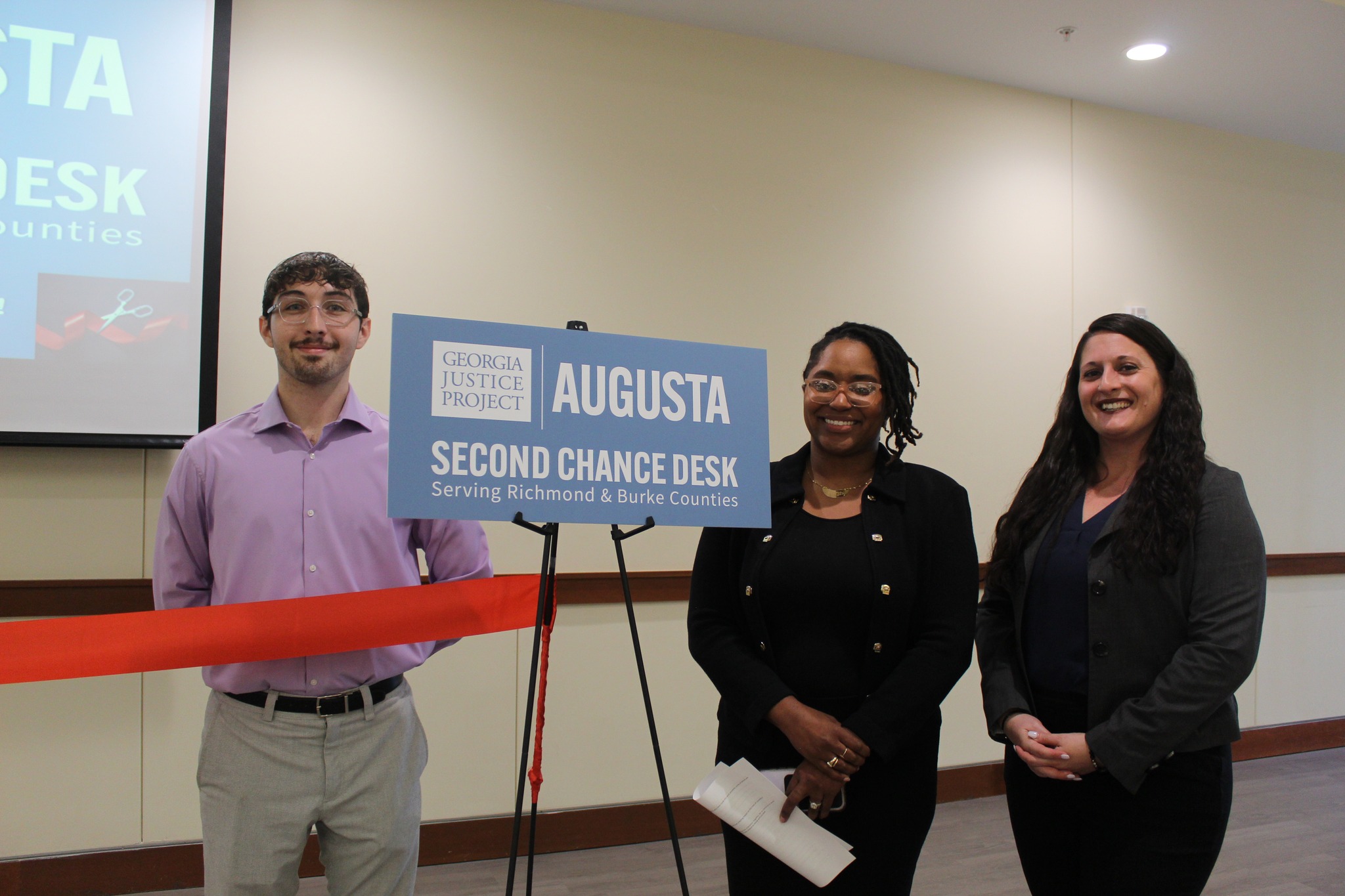One in three adults in Georgia has a criminal record, and there are more people under correctional control (either in jail, prison, probation, or on parole) than any other state in the US. It is also one of the top states with extraordinarily long probation periods, sometimes upward of 20 years.
For many communities struck by poverty and addiction, it can be easy to fall into run-ins with the law, but in the state of Georgia, getting out of them proves much more challenging and can have lifelong consequences.
Georgia Justice Project (GJP), a nonprofit established nearly 40 years ago, is on a mission to support those with criminal records to turn their lives around and get the legal and social support they wouldn’t be able to afford otherwise.
“On top of believing that people should not be judged solely based on what they did on their worst day, we believe that the criminal justice system should not be about exclusion, but instead should be all about figuring out ways to get people back into the folds of society,” said Joel Neuman, the General Counsel at GJP.
“When someone has a record and is trying to rebuild their life, it’s very difficult to find housing or find a job,” explained Joel. “That’s why we help them get their records restricted and sealed so that they’re not public, and only law enforcement can see them. Once that’s fixed, they can start establishing themselves in society.” This is just one example of how GJP supports their clients.

Josiah “Jazz” Watts Receiving the 2023 Community Partner of the Year Award
Georgia Justice Project is committed to changing the laws that prevent people from re-entering society. Something unique that they do is bring in a full team of experts who can help support these individuals and their families from various angles, including social workers. ”Instead of just looking at the crime, we want to understand what life circumstances got them there in the first place,” said Joel.
For example, a college student attended a campus-sponsored movie night and saw candy bars sitting on a table near the entrance. She and her friends took a few of the bars and took their seats, not knowing that they weren’t free. She was subsequently charged for stealing and now has a criminal record. Georgia Justice Project is helping this young woman get her record restricted so that she can start her career, which has proven to be difficult.
“This can affect everyone of all ages, genders, and life circumstances,” said Joel. “As a state, we must work to reduce the number of people who are under correctional control and find a different way to work with those involved in the criminal legal system.”
Please consider making a gift to the Georgia Justice Project via your donor-advised fund.

